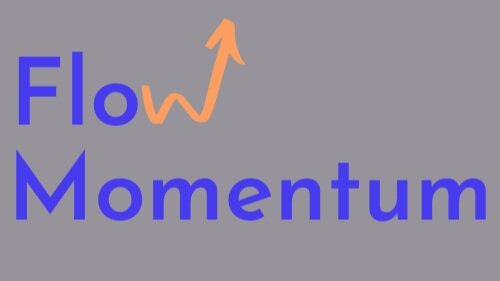Best Practice: Schedule Distancing
Terms such as social distancing and face masks have quickly become the most highly used words online since the beginning of the COVID-19 pandemic. Our culture is intentionally making changes to how we interact and go about our daily lives while emphasizing our physical health and safety. A similar concept can apply to our leadership influence. If we aspire to have a long-term, healthy impact on our families and businesses, there’s another set of words we should add to our best practices: schedule distancing - the practice of intentionally carving out uninterrupted personal time to rest and reflect.
While many of us were forced to slow down at the onset of the virus, it’s important to ask ourselves, “Have I grown from this change by seizing the opportunity to build space into my life, or did I fill up my bucket of time with activities?” If you filled your bucket to the brim with activity, you’re probably noticing that with all the bouncing around from one thing to the next, you’re left feeling drained, ineffective, and like you’re missing out on something. What are you potentially missing? Growth. You’re doing, going, moving, and forgetting that the benefits from all this wonderful activity need time to build new neurological pathways to become habit. The information you’re holding onto one minute never has the chance to sink in because you’re already on your way to the next thing on your activity list.
Throughout my professional experience, the vast majority of my clients land on rest and reflection, or “schedule distancing,” as action steps in their personal growth. As we explore awareness about their effectiveness in achieving their goals, rest and reflection are universally accepted as the difference-makers. According to my clients, schedule distancing enables them to:
have more energy and stamina;
better plan, strategize, and make decisions;
see trends and understand the implications for their businesses and lives;
adapt more quickly to changes;
be more present during conversations and important interactions;
increase their emotional intelligence;
build stronger relationships;
experience higher satisfaction with their progress;
and ultimately achieve significant results in a faster period of time.
How can you claim the benefits of schedule distancing for yourself? It comes down to personal discipline:
intentionally blocking out time on your calendar;
outlining the criteria for activities you will allow or not allow to impact or adjust your blocked out time;
clearly identifying what your rest and reflection time will include instead of haphazardly figuring it out on the fly;
notifying the people in your life it will impact to ensure they support your plan;
and having an accountability partner who can celebrate your success and be honest with you about your progress.
What ideas do you have for creating space for yourself, so you can be more effective? Flow Momentum Coaching & Consulting, LLC can help you realize your own plan for success.

